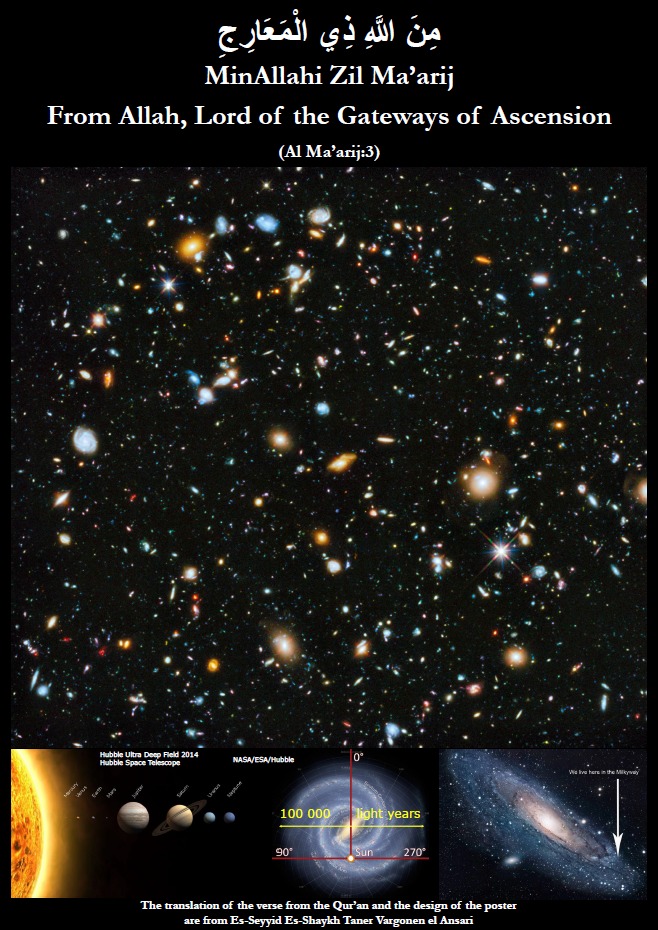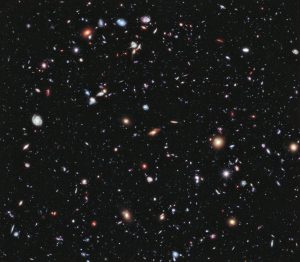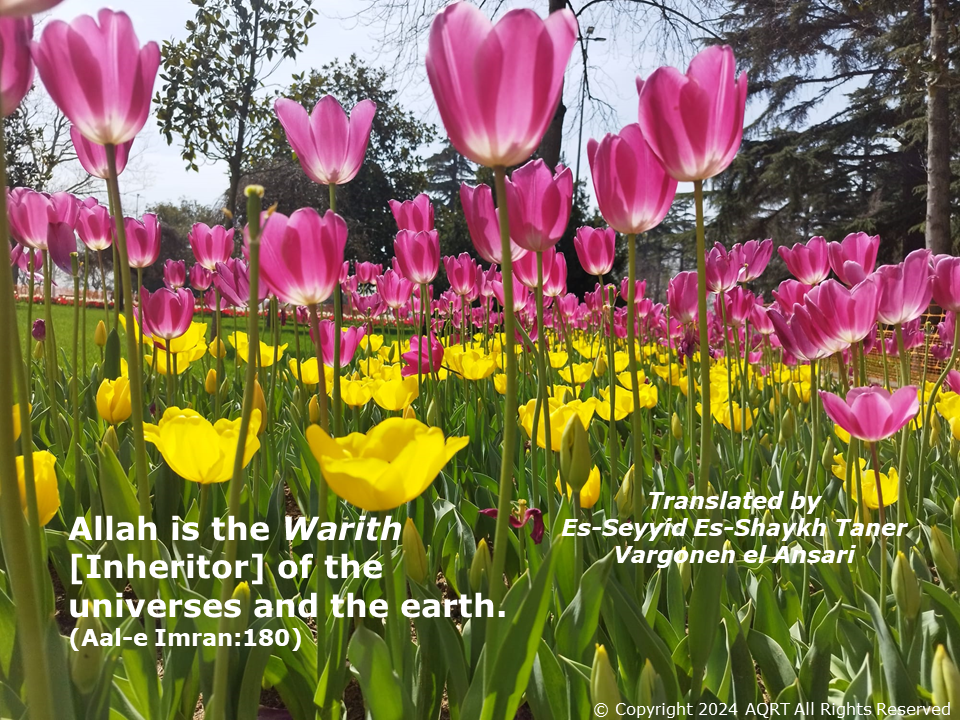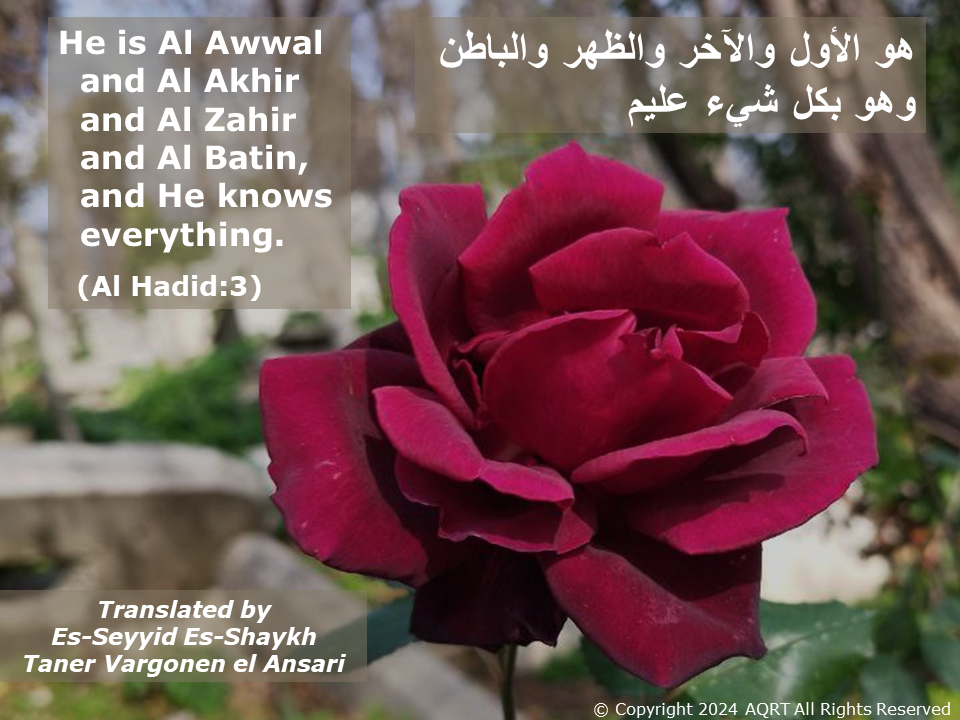Namaz, Contemplation of Prayer

Rabita – Connection
25 January 2024Namaz led by Shaykh Taner – For Murids only
29 January 2024
namaz: formal Islamic worship that is observed five times daily; also known as salat
salat: prayer; formal Islamic worship that is observed five times daily; making connection to Allah; a system of connection and devotion to Allah
The prayer, namaz, we call it namaz. Why do we call it namaz? Because salat does not mean only that. Yes, the Qur’an also refers to that as salat, but salat is more than this. Salat existed before Prophet Muhammad, peace be upon him. Every prophet had a different salat. Salat is connection to Allah. In the Qur’an, it is the system of connecting to Allah. Many systems like zikr is salat, contemplation is salat, doing namaz is salat. So, we have a whole book about it. Insha Allah we print it, it is called aqim al salat. Helping others is salat.
The way that Allah made certain ways, certain roads to connect to Him that He is pleased with, knowing and choosing some of it and doing these things is salat.
One of them we call it namaz. They do not have the word namaz in Arabic. Namaz is actually Persian and Turkish and Urdu and all of that. Now this is how we pray.
Sajda, the most beneficial part of Namaz
First of all let me underline this:
Sajda [Prostration] is one of the most important part of namaz. The most beneficial part of namaz is sajda. Sajda is good for many things. Sajda is a sign of surrender, a sign of accepting Allah’s greatness. But, on the other hand, it is good especially for older people. If you do not want Alzheimer, dementia, this, that, sajda is the best thing. There are these chairs so you can lean backwards, feet up and this, that. You have to practice. If there is nothing else, hang off over the bed and put your head down so the blood goes to your head, etc. Many benefits!
If you pray, you can do this basic exercise all your life and it will keep you healthy. So, there are many benefits of namaz besides you are thinking that, “I am obeying Allah.” Allah is doing these for you.
Origin of Namaz
Now this is the contemplation of namaz. What is it? Our Prophet, peace be upon him, took it after the angels. When he (pbuh) made Mi’raj [the metaphysical journey to Allah’s presence], that is when he got the namaz.
Namaz was not the first thing in Islam in terms of learning. Allah did not say first thing, “Go, pray five times a day, six times a day.” It did not happen like that. It happened much later because, first you need to know what you are saying, then you can do what you want to do. And now most people do not know what they are saying, and I want you to know what you are saying and what you are doing and what is it.
Everybody complains that, “When I do salat, yes, so many things, everything comes into my mind, everything! How can I not think of these?”
This is how.
First of all, in Mi’raj, our Prophet, peace be upon him, asked Allah to give the same thing that He did to him, Allah did him a favor, he wants to share it with us. What did he do?
He had two things, one is Mi’raj, the other is love. So, we, whatever our Prophet, peace be upon him, achieve with Allah, so can we because he opened that road for us. Here, this is one.
Allahu Akbar, Allah is Greater than Great
One of the Mi’raj is this. When you say “Allahu Akbar”, say it: “Allahu Akbar,” what do you think? That picture!

Credit: NASA; ESA; G. Illingworth, D. Magee, and P. Oesch, University of California, Santa Cruz; R. Bouwens, Leiden University; and the HUDF09 Team
You are going to the space. This is no joke, right! And you are seeing all these, like Hubble telescope, so you see, “Ahh!”
“Allahu Akbar!”
This is buraq (putting right hand near right ear and left hand near left ear). You are on buraq. This means buraq (Shaykh Taner moving his hands like wings near his ears). Wings, buraq.
Everybody does like this.
Shaykha Muzeyyen: Your soul is taking wings there?
Shaykh Taner: Yes, you are taking off.
“Allahu Akbar!”
From Earth, you are going to the first heaven.
What do you see in the first heaven?
There is not much to see, there are no big buildings like Hollywood there, there is nothing there, just Allah’s energy. But you see these angels, what are these angels doing? In the first heaven, they are like this in saff [ranks] as mentioned in suratul Saffat, verse 1:
Was saffati saffa
By those who set ranks in rows
And then our Prophet, peace be upon him, comes and then he looks, what are they doing? They are praying, so he also joins them. And then you are saying…
Contemplation in Namaz
Now this is the contemplation.
You have to imagine that you are with angels in the first level and what you see is all samawat [space], nothing else, this is Allah’s Pure Energy, whatever is there and you are saying:
Fatiha
Bismillah Al Rahman Al Rahim
In the name of Allah, The One Who Acts with Mercy, The Source of Mercy.
Alhamdulillahi Rabbil alamin
All gratitude and praise belong to Allah, the Lord of the worlds.
All the angels are doing this.
Alhamdulillahi Rabbil alamin
Ar Rahmanir Rahim
You are Rahman and Rahim.
Maliki Yawmid Din
You are the Malik, You are the King, the Authority of that Day of Judgment.
Iyyaka na’budu wa iyyaka nasta’in
We show our devotions to You and we ask Your help, not idols’ help.
Ihdinas siratal mustaqim
Siratallazina an ‘amta ‘alayhim
Please guide us to the straight path that You are pleased with and
ghayril maghdubi alayhim walad daalin
and not to the path that send people astray.
Ikhlas, Sincerity, Purity and Salvation
And then Allah is talking to you.
Qul Hu Allahu Ahad.
Whenever there is “Qul”, it means “Say.”
Allah is saying, talking to you, you have to imagine this, now in front of this big scenery, you are praising Allah with the angels.
Alhamdulillahi Rabbil alamin.
Let me explain to you “Qul Hu Allahu Ahad” too.
Qul Hu Allahu Ahad.
Allah is unique one.
Tell, Allah is saying, The One you are showing devotion to is the One Who is unique, there is only one of a kind. He is not giving birth or be born. In other words, He is not created. Energy cannot be created or destroyed. And whatever you see is not equal to what He can do. “Qul Hu Allahu Ahad, Allahus Samad, lam yalid wa lam yulad wa lam yakun lahu kufuwan Ahad” is this. Right now this is Allah Who is saying.
Ruk’u, Surrender in Namaz
And then they go to another heaven, layer.
There, what do they see?
They see angels are in this position (ruk’u [bowing]).
So there, the Prophet (pbuh) also joins them.
Subhana Rabbi Al Azim.
Glory to my Lord The Magnificent One.
They are are all saying, “Subhana Rabbi Al Azim, Subhana Rabbi Al Azim, Subhana Rabbi Al Azim.”
This vibration is important.
You have to mean:
“Allah is Great. Allah is Great. Allah is Azim.
I praise Allah Whose greatness is unmatchable. I praise Allah Whose greatness is unmatchable. I praise You Allah, Ya Azim.”
Allah gave you the Azim. Ya Azim.
Sajda, The Acknowledgement of Allah’s Sovereignty
Then, then they go to another level of heaven, this is not Paradise, okay. This is just space. And then, there, they see angels in the sajda. In the sajda, what are they saying?
“Subhana Rabbi Al Ala. Subhana Rabbi Al Ala. Subhana Rabbi Al Ala.”
“Praise Allah, The High; Allah, The High; Allah, The High.”
Salawat in Namaz
And then comes Jibril, alayhi salaam [Archangel Gabriel, peace be upon him]. They say, “Who is this with you?” He said, “This is Prophet Muhammad (pbuh).” And then, they all sit down. From sajda, they sit down and they say, “As-salaamu alaykum [Peace be upon you].” And then, they give salawat [peace and blessings] to them. What you read at the end,
At-tahiyyatu lillahi was salawatu wat tayyibat, assalamu ‘alayka ayyuhan-Nabiyyu wa rahmatullahi wa barakatuhu.
Shaykha Muzeyyen: That’s right! It is angels’ prayers.
Shaykh Taner: Yes, these are angels who are saying this.
When Allah says,
Innallaha wa malaa-ikatahu yu-salluna alan-Nabi.
Indeed, Allah and His angels shower blessings upon the Prophet.
(Al Ahzab:56)
This is what they are doing. Allah and the angels shower their blessings. This is what and how they do. And then, they say, “Salaamun alaykum [Peace be upon you]” again. And then, he (pbuh) goes, they go back to their original praying. That is why you sit and go back.
What to recite when sitting in between the two sajdas
Now this is what I want you to do. When you do sajda, “Subhana Rabbi Al Ala,” say it as many times as you want, not three times, not fast. You have to mean it. You have to say it to Allah,
“Subhana Rabbi Al Ala. Subhana Rabbi Al Ala.”
And then, when you sit down, then say,
Allahumma salli ala Sayyidina Muhammadin wa ala aali Sayyidina Muhammad.
O our Allah! Please send Your peace and blessings upon our Revered Master Muhammad and his family.
This is what I do. But our Prophet (pbuh) put the salawat at the very end. But actually, it is when you sit. And then, the second time you sit, you finish. But when you sit, do you say anything? What do you do in between the sajdas? Why are we sitting there? When you sit down, then you say,
Allahumma salli ala Sayyidina Muhammadin wa ala aali Sayyidina Muhammad.
Then go back to sajda.
“Subhana Rabbi Al Ala. Subhana Rabbi Al Ala.”
And then you get up. Then, after the second rak’at [cycle of standing, bowing, kneeling/sitting and prostrating during formal Islamic prayer] you sit down and you finish.
Finale
And then there is the finale of the night journey, our Prophet, peace be upon him, comes to Mecca on Earth and say, “As Salaamu alaykum wa rahmatullah [Peace be upon you, and Allah’s mercy]” to the whole of his right side, “As Salaamu alaykum wa rahmatullah” to the left side.
Do not adore space, adore Allah!
Now I want you to pray two rak’ats like this.
But each time when you say Allahu Akbar, you are shifting a level of heaven, right? You have to imagine that, and you are seeing all the space.
We are not worshiping the space. We are worshiping Allah Who is the Maker of that, Who is behind all this, Who owns all this space. We are worshiping Allah. Allah!
Do it!
Qur’an Reference
And of His signs are the night and the day, and the sun and the moon. Do not adore or prostrate to the sun or the moon, but adore and prostrate to Allah Who created them, if it is truly to Him you are connecting and devoting yourselves. (Fussilat:37)
(Note: Please prostrate, as is customary, when reading this and other sajda ayats.)
Keywords
Alayhi salaam: “Peace be upon him”
Alhamdulillah: “All gratitude and praise belong to Allah”
Allah: lit., The God; The Highest Power
Allahu Akbar: “Allah is greater than great”
aqim al salat: establish a system of connection and devotion to Allah (a command)
As-salaamu alaykum wa rahmatullahi wa barakatuhu: “Peace be upon you, and Allah’s mercy and blessings.”
ayat: sign; portent; lesson; message; verse; proof; revelation; evidence
Islam: surrender; submission; the acceptance of Allah’s terms; making peace with Allah and His decrees
Laylatul Mi’raj: The night of Prophet Muhammad’s (pbuh) spiritual, metaphysical journey to Allah’s presence
Mi’raj: Prophet Muhammad’s (pbuh) spiritual, metaphysical Night Journey to Allah’s presence; spiritual ascension; being raised to Allah’s presence
Mi’raj ul Ma’nawiy: Spiritual Mi’raj
musallih: one who prays and connects to Allah; person of salat
musallin: plural of musallih
namaz: formal Islamic worship that is observed five times daily; also known as salat
rak’at: cycle of standing, bowing, kneeling/sitting and prostrating during formal Islamic prayer
ruk’u: bowing position in namaz
sajda: prostration; acknowledgement of Allah’s sovereignty
salaam: peace
Salaam alaykum, salaamun alaykum (var. As-salaamu alaykum): “Peace be upon you”
salat: prayer; formal Islamic worship that is observed five times daily; making connection to Allah; a system of connection and devotion to Allah
salat al ‘asr, salatul ‘asr: afternoon prayer
salat al fajr, salatul fajr: morning prayer
salat al ‘isha, salatul ‘isha: night prayer
salat al maghrib, salatul maghrib: evening prayer
salat al zuhr, salatul zuhr: noontime prayer
salawat: peace and blessings; the invocation of peace and blessings upon Prophet Muhammad (pbuh)
samawat: heavens; universes; space; revolving bodies in space
Subhanahu: “May He (Allah) be glorified”
Subhan Allah: “Exalted is Allah”; “Glorified Be Allah”
Subhana Rabbi Al ’Ala: “Glory to my Lord The Most High”
Subhana Rabbi Al Azim: “Glory to my Lord The Magnificent One”
wudu: ritual ablution, or washing, performed before salat
zikr: remembrance; recognition; repeated remembrance with contemplation; mentioning Allah’s name repeatedly with intention, contemplation, glorification or supplication; reminder; the practice of repeating the names of Allah; litany of remembrance
This is an edited excerpt of a Sohbet given in South Africa in December 2015. Both the article and the translation of the Qur’an verses are from Murshid Shaykh Taner Vargonen Ansari. Published here in the Islamic month of Rajab 1445, on January 29, 2024.
Related articles
Prayer of the Heart: With Mindfulness and Consciousness
Do you have any questions?
Watch the live Q&A and Zikr sessions previously held on the Aqrtsufi YouTube Channel.
Join Qur’an Study Circle here…
Love, peace and togetherness in goodness
Ya Wadud Ya Salaam Ya Jami Ya Nafi
From Chat GPT:
“Buraq” (بُرَاق) is a mythical or legendary creature in Islamic tradition, often mentioned in connection with the story of the Prophet Muhammad’s Night Journey (Isra and Mi’raj). According to Islamic tradition, Buraq is described as a celestial being, typically depicted as a white, horse-like creature with wings. The name “Buraq” itself means “lightning” in Arabic, emphasizing the creature’s swift and supernatural nature.
During the Night Journey, it is believed that the Prophet Muhammad was transported from Mecca to Jerusalem on Buraq, and from there ascended through the heavens, meeting various prophets and ultimately approaching near to the presence of Allah.
The concept of Buraq and the Night Journey is primarily found in Islamic traditions, especially in Hadiths (sayings and actions of Prophet Muhammad) and various works of Islamic literature. It holds significance in the spiritual and mystical aspects of Islamic belief.


